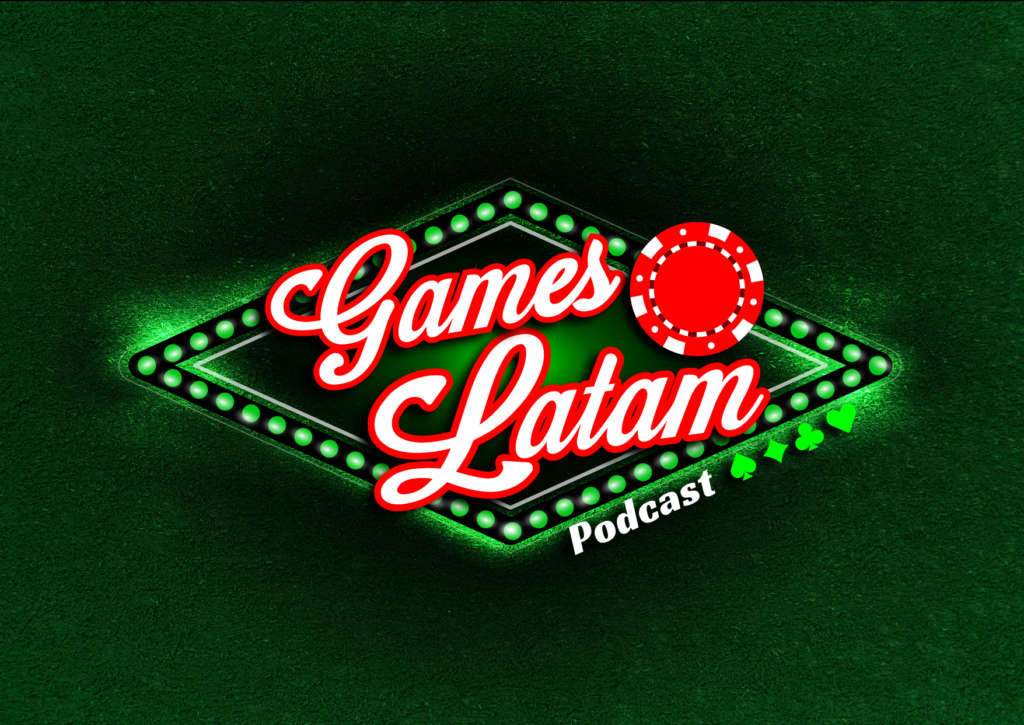Imagine playing poker, slots, or blackjack from anywhere in Virginia, without stepping foot into a physical casino.
Senate Bill 827 could soon make that a reality by granting licensed casinos the authority to launch iGaming platforms.
Picture secure, well-regulated online games, tapping into a booming market and funneling fresh tax revenue into Virginia’s coffers.
Keep reading to see how this landmark legislation might transform the state’s gambling landscape for years to come.
Virginia Embraces the Future: Senate Bill 827 Ushers in New Online Casino Frontier
3 Key Points
- Senate Bill 827 restricts iGaming licenses to Virginia’s four existing licensed casino operators.
- The bill mandates responsible gambling provisions, including age checks and geolocation tracking.
- A 15% tax on online gaming revenue aims to support Problem Gambling Treatment and the state’s general fund.
Virginia is on the cusp of a momentous change in its gaming industry. A newly proposed measure, Senate Bill 827, could introduce legal online casino gambling and elevate the state’s regulatory framework. Introduced by Senator Locke, the bill envisions a carefully structured ecosystem where licensed casinos offer internet-based gaming to adult users.
The legislation was prefiled on New Year’s Eve. It should appear before the Committee on General Laws and Technology as soon as 8 January. If successful, it would expand on Virginia’s current gambling setup by granting internet gaming rights exclusively to four licensed casino operators:
- Caesars Virginia
- Golden Eagle Corp.
- Hard Rock Bristol
- Rivers Casino Portsmouth
This deliberate restriction ensures that only experienced operators with robust compliance records can tap into the online realm. By doing so, Virginia aims to safeguard the integrity of the iGaming market while capitalizing on an emerging revenue source.
A Look at the Proposed Regulations
Under Senate Bill 827, iGaming covers a broad array of games of chance. It includes everything from poker and blackjack to slot-style offerings. All online operators must secure a specific iGaming license at an initial cost of $1 million, valid for five years. This requirement both encourages operator accountability and generates immediate licensing fees. Additionally, state supervision promises a protective layer for players.
The initiative reflects a larger pattern across the United States. Already, seven states—Connecticut, Delaware, Michigan, New Jersey, Pennsylvania, Rhode Island, and West Virginia—have legalized online casinos. Their collective success shows that combining convenience for players with rigorous oversight yields economic benefits. That aspect resonates with legislators who see iGaming as an opportunity to enhance tax revenue and keep consumers safer.
Aligning with National Trends
Beyond Virginia, states like Louisiana and Maryland also explore iGaming proposals for 2025. This synergy indicates a growing confidence in regulated digital gambling markets. Through online platforms, operators can craft an extensive game lineup, ranging from classic table games to innovative, technology-driven formats.
Virginia’s approach highlights responsible gambling obligations. In addition to raising taxes, Senate Bill 827 earmarks funds for the Problem Gambling Treatment and Support Fund. Moreover, the bill enforces age verification procedures, requiring participants to be 21 or older. It also compels operators to adopt geolocation software, ensuring wagers only come from within state lines.
Financial Implications
Should the legislation pass, the proposed 15% tax on adjusted gross internet gaming revenue would flow primarily into Virginia’s general fund. However, 2.5% of that total specifically supports problem gambling initiatives. Such a structure balances economic gains with social responsibility. By channeling resources to addiction treatment, lawmakers hope to mitigate negative consequences that can arise from expanded gambling access.
Additionally, Senate Bill 827 sets a swift timeline. The Virginia Lottery Board must craft official regulations by September 30, 2025, while license applications commence on July 1, 2025. This schedule provides a clear roadmap, giving existing casinos adequate time to prepare robust iGaming platforms and compliance frameworks.
A Calculated Approach
The proposal’s emphasis on limiting iGaming licenses to existing operators shapes a controlled environment. These casinos already manage large-scale land-based operations and hold track records with regulators. Translating those skill sets to an online platform fosters confidence among lawmakers and players alike. Thus, even new participants in the industry will rely on tried-and-true methods to ensure compliance and consumer protection.
All told, this legislation could propel Virginia to the forefront of the American gambling sector. By harnessing insights from pioneering states, the commonwealth appears poised to address an ever-evolving player demand. Coupled with robust age controls, tax arrangements, and responsible play safeguards, the bill seems engineered for balanced success.
If Senate Bill 827 gains approval, Virginia could welcome a transformative era of online casino gambling. By entrusting existing licensees, implementing thorough safety measures, and directing revenue back into vital state programs, the proposed law stands to reshape the local gaming scene. As more states join the digital betting wave, Virginia’s iGaming blueprint may well serve as a model for responsible yet progressive regulation.
The post Virginia New Bill Opens Doors to Online Casino Revolution appeared first on Gamingo News.
Imagine playing poker, slots, or blackjack from anywhere in Virginia, without stepping foot into a physical casino. Senate Bill 827 could soon make that a reality by granting licensed casinos the authority to launch iGaming platforms. Picture secure, well-regulated online games, tapping into a booming market and funneling fresh tax revenue into Virginia’s coffers. Keep
The post Virginia New Bill Opens Doors to Online Casino Revolution appeared first on Gamingo News.
Participe da IGI Expo 2026: https://igi-expo.com/










